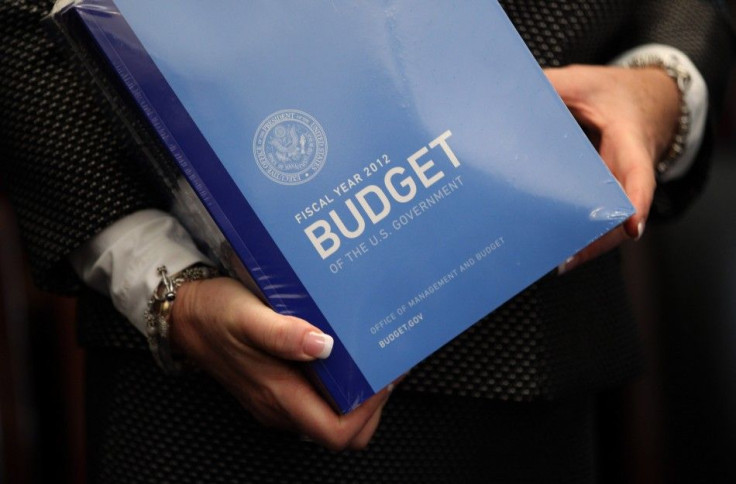CBO: Without Action, National Debt Will Exceed GDP in 2021

How big could the national debt get? Well, to paraphrase a line popularized by actor William Shatner, if Congressional lawmakers can not agree on a deficit reduction package, it's going to get 'really big' -- it will become larger than U.S. GDP, the Congressional Budget Office forecast Wednesday in a new report.
The national debt will surge to 101% of U.S. GDP, a measure of the economy's size, in 2021, the CBO said. That's up from last year's 10-year forecast of 87% of U.S. GDP in 2010. The higher, projected, 10-year total would add about $2 trillion to the national debt, if action is not taken on Capitol Hill and by the White House to reduce it before then.
In addition, the CBO -- Congress' official nonpartisan budget tabulator -- underscored the negative consequences both a large budget deficit and a huge national debt would have on the economy, commercial activity, and, ultimately, U.S. citizens.
Large budget deficits and growing debt would reduce national saving, leading to higher interest rates, more borrowing from abroad and less domestic investment, which in turn would lower income growth in the United States, the CBO report said.
Further, the rising national debt level would increase the probability of a fiscal crisis for the United States the CBO added, repeating a warning it made in July 2010.
U.S. Vice President Joe Biden, D-Maryland, is leading a bipartisan 'Gang of 6' (3 Republicans, 3 Democrats) ad-hoc committee formed to cut the budget deficit and point the nation on a trajectory that would balance the budget and pay-down the national debt. The best way to describe the committee's progress to-date? Small victories, with considerable heavy-lifting ahead.
However, the committee,ironically, has become bogged down by the same partisan divide that prevented the Republican-led U.S. House and the Obama Administration from reaching an agreement before Biden's committee was formed - namely, whether taxes should be included in the plan.
Many Keynesian economists, and most Democrats on Capitol, say any meaningful and enduring deficit reduction plan must include a tax increase, or at least tax reform that results in increased federal tax revenue.
However, Republicans on the committee, and most if not all Republicans on Capitol Hill, are opposed to raising taxes - arguing that the deficit and national debt largely stem from excessive government spending, not inadequate revenue.
Finally the CBO's debt-to-GDP ratio projection is not the only 'danger signal' on the U.S. economy's horizon: the U.S. Treasury says it will run out of money on August 2 if the debt ceiling is not raised. With the aforemention in mind, Biden's goal has been to achieve a bipartisan deficit reduction agreement among committee members that would win enough support on Capitol Hill to raise the debt ceiling before August 2.
© Copyright IBTimes 2024. All rights reserved.





















